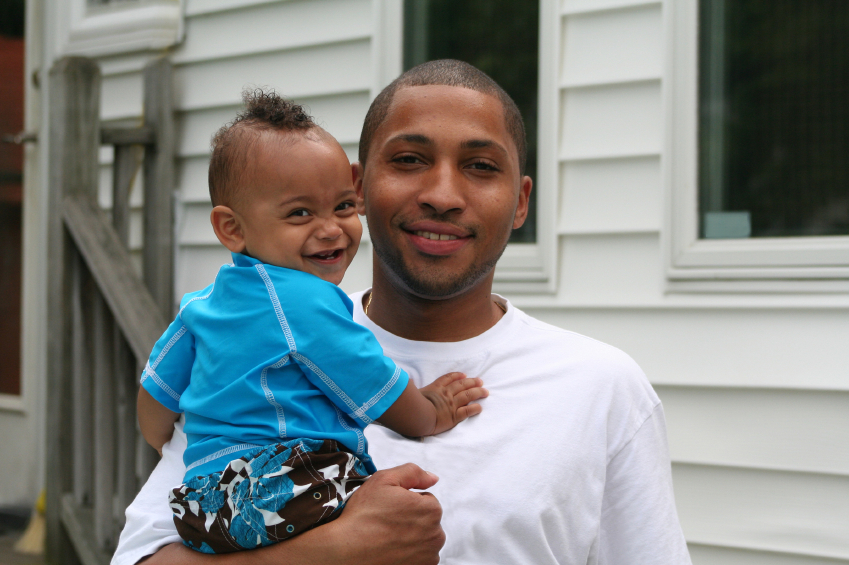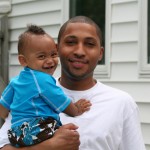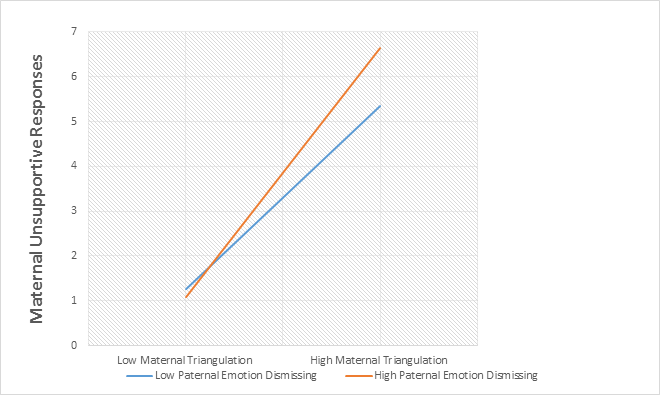The MI-AIMH Board of Directors is very pleased to welcome Cathy Liesman, Ph.D., IMH-E (IV) as President and Rosalva Osorio, L.M.S.W., IMH-E (III), as Vice President of the Michigan Association for Infant Mental Health Board.
Cathy is currently the Chief Operating Officer at Development Centers, Inc. (DCI) in Detroit and has had administrative responsibilities at DCI since its founding in 1983. She has a Ph.D. in Psychology and is endorsed at Level IV-Policy Mentor. Cathy has served on the MI-AIMH Board of Directors for 20 years as President, Social Action Committee Chair and Treasurer. She was the recipient of the Betty Tableman Award in 2001 for her advocacy work and has cherished her connections to her many MI-AIMH colleagues throughout her career.
Cathy describes advocating for relationship-based work, services for young children and MI-AIMH as her avocation. Her skills in relationship-based work extend from relationships with families to working within and across systems as she has supervised, secured grants, developed programs and successfully advocated for children and families. She helped to grow Development Centers, Inc. into the comprehensive agency that it is today serving over 11,000 persons and their families each year in mental health, vocational, Head Start and prevention programming.
She is very excited about serving as MI-AIMH’s president as she believes that MI-AIMH has a critical role in workforce development and support of the professionals in multiple disciplines who work with very young children and their families. She sees MI-AIMH as a “wonderful vehicle” for the collaborative work of cross-system advocacy for best practice and services for very young children and their families. Cathy is excited about the talent of current board members who bring a diversity of skill, talent and discipline. She explains that each person’s skills are needed to continue to move MI-AIMH forward with the refining of MI-AIMH within Michigan as well as the promotion of the national organization, the Alliance for the Advancement of Infant Mental Health. Cathy believes it is important for individuals to be ambassadors of MI-AIMH and relationship-based work. “It is the depth of who we reach as individuals that makes our work so far reaching.”
As the current president Cathy offers stability, knowledge of organizations and a commitment to continue to work for the growth accomplished by the staff and board.
Rosavla Osorio is a Clinical Director at The Children’s Center, one of two contracted providers of Detroit-Wayne Mental Health Authority dedicated solely to children’s services. Prior to her current position she was Program Supervisor for Infant Mental Health Services at Southwest Counseling Solutions, where she “fell in love with infant mental health.” Rosalva earned a Masters of Social Work at the University of Michigan and is endorsed at Level III, Infant Mental Health Specialist.
She greatly appreciates the reflective process in infant mental health as a way for clinicians to learn about themselves and be a “tuning fork” for families with very young children. She describes a family she worked with for 3 years that helped her understand and value infant mental health. She recalls the joy the family experienced when their medically fragile young child learned to sit up and then walk. His mom, who initially felt defeated and inadequate, came to see herself as competent and important to her toddler. Rosalva wants to help other young children and their families find joy together.
Rosalva explains that she experienced “ghosts” from her family of origin and that the birth of her daughter, Isalia, now 12, was an opportunity to grow and change to become better. She understood that being a young mother would be hard but wanted to be her best for Isalia. “She is my biggest piece of artwork, my biggest joy.” She has been intentional and reflective in her parenting and acknowledges that this is an important part of infant mental health work. She is grateful to Jennifer DeSchryver, Psy.D., who served as consultant when Rosalva was at Southwest Counseling Solutions. She saw Rosalva’s talent and passion and recommended her for a board position.
Rosalva believes that each of us has talent to bring to the infant mental health field. “I get so passionate about being a change agent,” she stated, “so I speak up. People see things in me that I didn’t see in myself.” She recalls being intimidated when she joined the board 3 years ago, yet finding it “humbling and an honor” to work with people she admired. She soon realized that “we are all human and all learning.” She believes being a part of change is about creating relationships and hopes that other MI-AIMH members will step out of their comfort zone to advocate on behalf of infants, toddlers and their families. She is excited to continue to move MI-AIMH forward wanting it to be the first place that everyone goes to for information about infants, toddlers and their families. Rosalva will serve for one year as Vice President and then move into the MI-AIMH Presidency.





